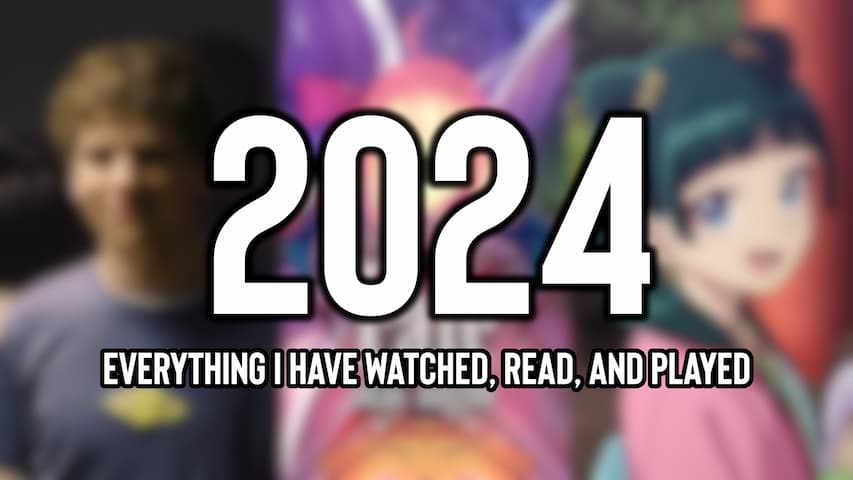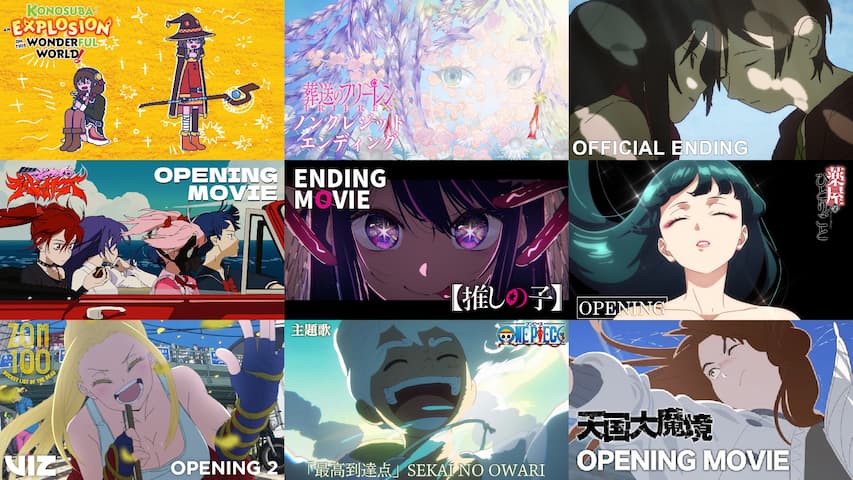Descending into Live Action Anime and Manga Adaptations

Ach ja, live action adaptations. Seemingly the bane of existence for most anime and manga fans. Luckily, or unfortunately, I am not like most anime fans… I am worse, meaning I’m actually interested in talking about this topic with an open mind and and less biased perspective. To make one thing clear from the get go: I am sick and tired of how live action adaptations are talked about in this specific sphere. It is not like I necessarily disagree with the sentiment in most cases, but I am rather annoyed of hearing the same talking points, examples and rhetorics over and over again, painting the whole concept of live action adaptations with broad brush strokes, instead of dissecting every adaptation and evaluating it on its own merits… you know, like any other piece of media too. Also, for a quick TL;DR: Godzilla and Pacific Rim exist… why shouldn’t live action anime adaptations be possible, when we already have the next best thing with some live action movies being basically anime.
Depending on when this post actually gets released, the most recent example of this could be observed with the release of the teaser trailer for the live action One Piece adaptation. Regardless of the quality of the trailer, you could be sure to fill out your bingo cards: Sweeping generalization about how anime and manga simply can not be adapted into live action, both narrative and style-wise, general distrust in non-Japanese companies, references to other failed live action adaptations… the list goes on. Even if I would agree with any of these statements, it would still be dishonest to exclusively talk about live action adaptations like this, as it doesn’t actually engage with the material at hand and comes down to boring circle jerking. There is also the reality that some people simply don’t want live action adaptations to exist at all, which makes a community-wide discussion essentially impossible. Even for the sake of this post, I might as well scream into an empty void or an echo chamber, however, it is still better than keeping quit and be complacent with what everyone else is saying when I have opinions to share.
Alas, I set out to watch those live action adaptations. Despite what the title implies, I actually didn’t limit myself to just adaptations of anime and manga, but japanese media in general, so this also includes light novels, video games and so forth. It is actually not that easy to find a comprehensive list of all live action adaptations out there and most lists are either top-lists or only accumulate entries for a specific medium. As such, there is probably a good amount of adaptations out there I would actually be interested to see, but literally don’t know they exist. Wikipedia does have a list of films based on manga, but, as the name implies, it is only limited to manga and films specifically, foregoing TV-series/specials and films based on other mediums.
Secondly, I limited myself to what I want to see at all. While I generally embrace live action adaptations with open arms, it is not my mission to watch them all. I engage with media because I want to, not because I impose it on myself. As such, I probably ignored a good amount of the better known adaptations. I don’t particularly care about Assassination Classroom or Gintama and I fail to muster up the energy for adaptations of media I have already seen but don’t care enough to see again, like Inuyashiki, Kakegurui or The Promised Neverland. I also primarily limited myself exclusively to movies, simply due to time constraints and the fact that movies tend to be a bit more available. I also have to confess that I might have a slight bias for American productions, partly because those are the ones I am personally most exposed to.
Lastly, and more generally speaking, my approach to talking about the live action adaptions is to consider them as movies first and adaptations second. In some cases, this is a given, as I have not seen the original, but either way, an adaptation should be able to stand on its own. Additionally, while “adaptation” is often understood as a more or less direct translation of the story and characters into another media, with movies specifically, changes are to be expected, either due to the limitations of another medium or as a creative decision, with the latter having varying effect, depending on the specific case.
I thought a lot about how to order this list. I could have ranked them by how much I enjoyed each movie, but this would be rather boring and I would have little reason to include all the stuff I otherwise wouldn’t really bother talking about. Instead, I grouped them all into different categories… or at least I wanted to, until I realized this would quickly get out of hand by how I wanted to distinguish the adaptations. In the end, it is a mix of the two with me generally ranking the adaptations, but also putting some into more specific categories, as they are specifically more indicative of a larger point I want to talk about, other than the quality of the movies.
So, to not again reach a thousand words before the actual post begins, let’s talk some live action adaptations!
The Good
This category may be self-explanatory. These are just good movies and I would recommend them regardless of whether one has any knowledge of the source material at all, as they can absolutely stand on their own. It might be telling of my opinion on adaptations in general, that none of these movies could be classified as a straight adaptation, but instead adjusted to work as a movie. Also, all of them are American productions, so bias does what bias is, I guess.
Battle Angel Alita

Battle Angel Alita feels like a return to older sci-fi movies, which makes sense, considering it is an adaptation of a classic 90s sci-fi manga, though I deeply appreciate the more modern paint on top. This movie is gorgeous. The world looks distinct and lived in, all the characters have a fantastic screen presence and the animation of the titular character is just a technical marvel, even if I, like many others, wonder why they didn’t just go with a mix of live action and CG.
The movie also has the advantage of being able to really take its time and flesh out its characters, partly by injected later story beats in a cohesive manner, without otherwise feeling too stuffed. Despite the fantastical setting, the movie is more about self-exploration and finding your place in the world and the way all the relationships, not just between Alita and Hugo, build up these inner conflicts, really sells the core of the movie in a way that the animated two-part OVA left me otherwise unimpressed and not caring. I hope the sequel movie will eventually be made, because while I already appreciate all the build-up of this movie and how it works as a stand-alone piece, I really want to see the story in its entirety pay off in a grand way.
Detective Pikachu

Superficially, Detective Pikachu is not that exciting of a movie. It got some of that classic buddy cop dynamic, mixed with an otherwise predictable adventure film. However, not having an outstanding story would never be what makes or breaks this movie. Detective Pikachu gets Pokémon. It understands their appeal, it understands how to use them and most importantly, it knows how to handle the relationship between humans and the Pokémon.
Also, it is filled to the brim of individual moments that brought a smile to my face. Random Pokémons in the streets? Adorable! Those Bulbasaurs walking down the stream? This… simply this and you can not tell me the scene with Mr. Mime isn’t peak comedy. This movie is simply a joy to watch and I doubt any lack of knowledge about Pokémon can ruin the experience for you, as it is not held up solely by nostalgia, but by the appreciation of what makes Pokémon so special.
Edge of Tomorrow

On its face, Edge of Tomorrow simply seems like a sci-fi war movie with a time loop twist. What makes it great, however, is just how well it leans into its ideas. The theme of determining your own fate, the progression of ones skill and knowledge by repeating the same day over and over again, how its shapes you and your view on everyone else, the way the editing of the movie blurs the lines of each reset, making every action believable, even if we haven’t seen the full way. It all flows so well together. Edge of Tomorrow is just an overall damn good movie that executes on its exciting premise in every field and it is a shame it is essentially ignored in any conversation about live action adaptations, though there might be a reason for that.
What is funny is that I eventually read the original All You Need Is Kill light novel after watching the movie, but didn’t realize so at first, because the movie underwent some rather drastic changes, though, as far as my memory serves correctly, I actually prefer the movie version over the novel. Sure, I would have loved to see some specific scenes from the novel be adapted, but overall, I am in favor of all the changes, big and small, especially since they leave the appeal of the main story pretty much in tact… well, maybe everything except the ending. I really have to reread the novel and maybe take a look at the manga too, because Edge of Tomorrow might just be one of my all time favorite movies and I would love to do a full analysis and comparison in the future.
Speed Racer

I am normally rather sceptic of the “critics didn’t get it”-mindset, but like… the only way you could not have a blast watching this movie is if you either hate having fun, or didn’t know you could suffer from epilepsy. The live action adaptation of Speed Racer doubles down on some core concept that make for a exciting ride. A showcase of a strong family dynamic, a villain and an antagonist, who stand in direct contrast to the former and an absolute spectacle of insane races that you kind of have to see to fully understand. This movie is fun in every conceivable way possible and should not be reduced to just a simple kids movie, because it has the possibility to be so much more, if you are willing to engage with it. Go, Speed Racer, Go!
The Interesting
The “Interesting” category is filled with adaptations that I find the most… well, interesting to talk about, because regardless of their final quality, these movies show how varied the difference of strengths and weaknesses can be when adapting a property into another medium.
Ace Attorney

The live action Ace Attorney adaptation should be a perfect showcase for how and why some of anime’s quirkiness can be translated into the real world. The characters look goofy and fun, but not in a bad cosplay kind of sense, the way certain game elements, like the HUD and GUI are presented, is truly inspired and mannerism feel like part of a character, instead of awkward fumblings. For real, they do this trope in which one character says something really stupid and everyone around them trips on themselves… twice, nonetheless and it is arguably more funny than seeing it animated, as you wouldn’t expect such “acting” from real people. This movie is full of such little gems and considering how not capturing the visual appeal of a series could, at least subconsciously, break the immersion of a piece of media, I think Ace Attorney should be more talked about when claimed live action “simply can’t replicate” the appeal of anime or manga, because from a production standpoint, this movie certainly does not need to hide itself.
On the other hand, the whole tone and atmosphere of this movie feels… less off, as more akin to deliberately wrong. Ace Attorney is a cartoonish series. A lot of the comedy is derived by the most stupidest stuff being handled with utter seriousness, but also never missing out on otherwise genuinely energetic and impactful moments. Just listen to the iconic Pursuit Theme and how it absolutely captures the sudden turn of being cornered and at wit’s end to delivering the most intense defense and breakdown any juror had the luck of witnessing. However, this whole packaging, which makes Ace Attorney so appealing, is completely missing from the live action adaptation.
Why is the courthouse this brutalist gray building? Why is the evidence presented by barely working holograms? Why does Phoenix Wright despair at his podium and franticly search for evidence in a pile of papers for seconds on end, while no music plays? It is a choice, quite a deliberately one I assume, but I don’t necessarily think it works for Ace Attorney specifically. The one shot that burned itself into my brain shows Wright, Maya and Gumshoe heavily backlit from the entrance of the court building boxed into a small section of the frame and almost completely reduced to dark silhouettes in front of a white canvas. From the staging to the cinematography, this is a 10/10 shot, but what does it do in a movie that should otherwise be light and colorful? While I don’t think this style necessarily works, the movie absolutely leans into this aesthetic and there is nothing more sexy than a film confident in what it tries to achieve. If only the plot would wouldn’t collapse on itself. I understand that one has to compress several hours of gameplay into less hours of screen time, but I am not sure I would have been able to understand what is happening, especially at the end, if I wasn’t already exposed to the story through the game.
Attack on Titan

I have already written an extensive post about the live action adaptation of Attack on Titan, but in the context of this post, there is still something I want to add. With time, I came to be a bit more lenient with what the adaptation tried to achieve. That is, I actually want to see these movies be executed well and competently made, but removed entirely from Attack on Titan, as all the changes, despite being what I would wish from an adaptation, actually turned out to alienate me more from Attack on Titan than a more boring and by the numbers adaptation ever could.
As such, the live action adaptation of Attack on Titan serves as a perfect case study for what does and doesn’t work when not only adopting, but also altering a story. I mean, the end result is and will stay bad either way, but at least the existence of these two movies make for something worthwhile, even if watching these might not be considered a pleasant experience, especially through the eyes of an Attack on Titan fan.
Death Note (2017)

I wouldn’t be surprised, if some people consider Netflix’s Death Note to be the final nail in the coffin for live action adaptations of anime and manga. And like, I totally get the idea why, despite what I will write later. The original Death Note is about a smart and suave teenager with a god complex playing mind games and a constant cat and mouse with the authorities to enact his idea of an ideal world. Death Note (2017) is… not and the only direct connection might be the titular Death Note. While many fans are bewildered by the seemingly complete 180 of the premise, I for one welcome this explicitly different take on the Death Note idea.
Hear me out. Death Note has one of these premises that just screams to be taken into wildly different directions and dropping the notebook into the hands of a less assertive and respected member of society is absolutely worth exploring. It kinda stumbles on itself by trying to still hit a majority of the original plotpoints, but I also don’t really mind, because it does fill the resulting holes with its own identity. I mean, the different socio-political climate of the setting brings up its own interesting questions about the morality of the Death Note and the parallels to American exceptionalism/interventionism essentially draw themselves.
Netflix’s Death Note is not the Death Note, but absolutely a Death Note and for what live action adaptations are concerned, this is exactly what I want to see explored more, if a direct adaptation is not viable: A different take on the same premise. Do not misunderstand me, the movie has its fair share of problems on its own. I personally hate how “Final Destination”-ish some of the deaths are portrayed and a lot of the characters come off as rather flat and underdeveloped. It also might just be straight up less appealing than the original, but it is also the only version of Death Note I actually finished, so… let’s just all agree upon Willem Dafoe being cast as Ryuk is truly god’s work.
The Mediocre
The word “mediocre” has such a bad ring to it in english, so please interpret it the german way, in which “can’t complain” is the highest honor, while not saying anything means you messed up big time. Honestly, these entries are just fine movies. Nothing you should go out of your way to see, but also nothing to intentionally stay away from. Movies I did enjoy, but are otherwise simply passable. Nothing to write home about. Will be forgotten in the passage of time. Okay, even.
Bleach

All things considered, the Bleach adaptation might be the one that positively surprised me the most. To be fair, I have never seen or read the original Bleach and somehow escaped any mention of it growing up and getting into anime, despite it being put in the same category as One Piece and Naruto, meaning I literally have no frame of reference. I mean, the fact that this movie works on any level for someone who knows next to nothing about Bleach at all almost motivated me to put it into the above categories.
The best thing I can say about the adaptation is that it actually makes me interested in Bleach. Yeah, Ichigo is a fun person to follow and I like his character introduction, I dig the concept of the Hollows and the Shinigami and Soul Society seem interesting from what the movie hints at. While clearly planned as two parts, the movie still holds up on its own by being an otherwise limited but fun urban fantasy experience with clear character arcs, motivations and resolutions. The only thing I didn’t like is the stretched out final climax, though this is a problem I have with a lot of Japanese films, most likely stemming from the Kishotenketsu narrative structure (or not, I don’t know).
I am a Hero

The live action adaptation of I am a Hero is a perfectly passable zombie film, which holds up its premise of the fantasy of an Otaku being able to show his real worth to society in the face of an apocalypse. In fact, one could argue that this theme of the manga holds up pretty well with the restructuring of the story to end where it does. However, despite all this, the movie feels a bit bland and pretty predictable. It skips out on the more adventure/survival aspects of the story and really downplays how much of a nutjob and an unreliable narrator Hideo actually is, which I consider to be the main appeal of the series. The adaptation plays with the idea at the end of the movie, with him going through every possible approach and showing how they all play out or his ramblings about gun safety, but overall it could never really capture my attention like the manga did. At the end, it is a fine movie, if nothing else and can absolutely hold its footing in a genre that is utterly all over the place in terms of quality.
Initial D

Despite having promised a friend to actually watch the anime years ago, my knowledge about Initial D still starts at Kansei Drift and ends at listening to “EUROBEAT MIX for winning at videogames” while programming. Anyway, Initial D is definitely a car movie, I guess. I like the approach of slowly getting introduced into the drift scene and absolutely adore the vibes some of the characters bring to the table. Tokyo Drift wished it could be this movie. However, Initial D is way more than just cars speeding down a curvy hill. It is also a romance… kinda and it also focuses on the relationships with Takumi’s father and friends… and it is… fine? At least it is not bad and these elements nicely complements the racing parts of the story, though I could never get really invested in them. It also doesn’t help that the runtime of the movie could probably be cut down in half, if we forego all the slow-motion shots. Overall, it is a movie one can watch, but I would probably go for the anime adaptation myself, because it has Eurobeat :D.
The questionable Adaptations
Let’s get into some more controversial territory. To be fair, watching these movies in isolation might be your best bet on a good experience. They are all pretty well produced and accessible for a general audience. However, once you know the material they are based on, it is really hard to turn your head around the fact just how weird these adaptations turned out, to the point of questioning whether the ones responsible for the adaptation even understood the original.
Ghost in the Shell

Ghost in the Shell took a contemplative and philosophic work about the human condition and soul and turned it into generic Hollywood pulp. It foregoes the themes about human evolution for a simple search for identity and somehow still falls flat on its face. I don’t even particularly like the original Ghost in the Shell, as it falls directly in the category of movie that is a lot more exciting to talk about than to actually watch, but seeing it all watered down into a less interesting story does sting in a way.
I also have a bone to pick with the specific version of GitS this movie wants to portray. For the most part, this movie is just really stupid. My personal highlight includes interrogating someone, while they are hooked up to something essentially serving as a noose and enough leg space to off themselves. But what really gets me is how it keeps stumbling over its own core ideas. The movie is about the Major finding an own identity, but her final words make more sense on r/im14andthisisdeep than in the context of the movie. They even initially had me with a completely different topic, that of bodily autonomy. The movie made it clear that the Major always had to consent, if changes were made to her body or her memories were to be accessed, so it was actually quite a powerful scene when it is revealed that her consent was never a requirement. This, like many other things, unfortunately lead nowhere.
Also, I have no problems with Scarlett Johansson being given the role of the Major, but if her backstory is actually just a thinly disguised justification for not casting an Asian actress, then being accused of Whitewashing might actually the preferred outcome.
Over all, the live action Ghost in the Shell adaptation is more shell than ghost, which is really ironic.
Illang: The Wolf Brigade (Jin-Roh)

Illang is essentially two movies. One is a pretty accurate, almost shot for shot, recreation of the original Jin-Roh, bar some changes in setting and political context. The second one is an actually pretty exciting action flick, that has not the slightest idea of what to do with its other half. For what thematic relevancy is concerned, you do not need to look further than the introduction of the titular special unit. Illang has the aesthetic down to a T, but not what it actually means. The same can essentially be said about the references to Little Red Riding Hood and the reversal of the monster and victim assumption.
What it comes down to is a more classical action movie, that still has a political and philosophical core, but one that is several times less interesting and arguably infinitely less impactful. It is almost like someone wanted to use the iconography of the original and remake it to be less tragic and more upbeat. On the other hand, this could be a pretty good movie when otherwise completely removed from Jin-Roh. Actually go in a bit deeper into the conflict of uniting the two Koreas, merge some of the original characters and create new ones to streamline the character dynamics and we are almost halfway there. I otherwise adore the changes, like the raid in the nature museum taking place in the N Seoul Tower, which itself was dressed up as an exhibition on the Berlin Wall.
It is movies like these that really make me question what the purpose of a remake is. It is not like the original Jin-Roh is unwatchable, both in terms of availability or being visually dated and when an adaptation can’t even be bothered to do the minimum amount of justice for the original, I have to wonder why it does exist in the first place and is not just another movie entirely.
The Bad
This section will be quick. In short, these movies simply suck. Regardless of how “good” or “bad” they fare as adaptations, fundamentally, these movies just kinda blow, barely work on their own and are unable to capture the appeal of the original in any way, shape or form.
Dragonball Evolution

Ah yes, the classic™. A movie so horribly broken, it nipped any hope of a decent live action adaptation right in the bud for an entire generation. This movie has exactly two good shots and their impact last around five seconds combined. The rest… well, I don’t even think there is much point in dissecting any of it (not like others didn’t put in the effort for me), because it is simply bad. Not charmingly bad or incompetent, but also not aggressively offensive. Just… it just fucking sucks. Despite only being an hour and a half long and essentially only being trimmed to an hour of actual movie, it moves at a grindingly slow pace, the martial art at display is passable at best and it overall feels like a generic zero to hero X american teenager story sans all the fun and exciting bits. I can’t believe the “Looser gets to beat up his bullies and impresses the girl he likes” section is the best part of the movie.
Someone said this movie is what an out of touch adult producer assumes anime is and I have a hard time disagreeing, because even the most amateurish fan films show more respect for both the filmmaking and original work at display.
Fullmetal Alchemist

Adapting 27 volumes into three movies is certainly ambitious… adapting the first major arc into a movie by switching up half the story and then using the other two movies to somehow wrap up this entire mess is… certainly something. Look, like with Dragonball Evolution, there isn’t really much that needs to be said, except that this one actually kinda somehow follows the original manga, just to be additionally scorned by the fans. Simply watching it as a film is a gruesome experience. It doesn’t look good, the quirks and mannerisms of the characters do not translate onto the big screen and the filmmaking makes my head hurt. There is this one sequence of shots in the final movie in which two characters, over the course of like at least five incomprehensible cuts, move from the middle of a rooftop to the edge and I had to rewind at least three times to even understand what happened. Just stick to the anime with this one.
Tokyo Ghoul

One could argue that the first Tokyo Ghoul movie might not actually be a total disaster. It sure is not good, but maybe passable. However, for me, the live action adaptation falls into the same pitfalls that the manga could barely avoid. These two movies are edgy, like, really “try hard buying into the suffering and agony of it” edgy and while the manga can kind of owns it by having very expressive art and time to let it all sink in, the movie does not. The result is an overall less impactful work that is a slog at best and obnoxious at worst.
The second movie is somehow even worse. It adapts a smaller portion of the source material into a longer movie and boy do you feel it. Especially the final fight at the “end” of the movie (It actually starts close to the middle) just keeps on going and going and not hearing Mamoru Miyano as Tsukiyama sure doesn’t help. The thing is, like Death Note, I actually think a heavily altered version could work as a movie, but there is no point wondering about what ifs.
Violence Action

This movie… this movie is incomprehensible, horribly edited and just not fun, despite, on paper, having the most insane cast of characters imaginable. The End.
The I have still to actually watch, lol
And this is every live action adaptation of anime, manga, light novels or games I could think and have actually seen. There are still some I want to check out: Blade of the Immortal is supposed to be very good, I really want to see how JoJo’s Bizarre Adventure looks in real life and Parasyte could be interesting. There are also the Rurouni Kenshin movies, though there are like five of them and only two are available on Netflix at the moment. Other than that, I think I am fine for a while.
Related Posts
Comments
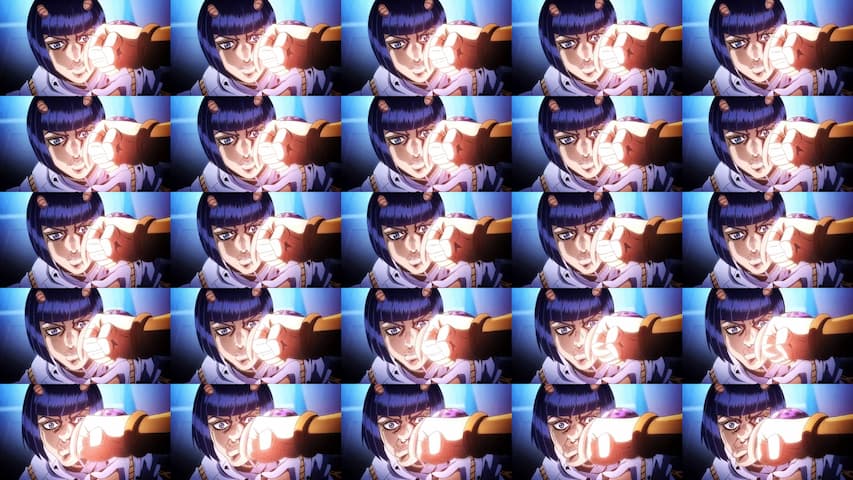
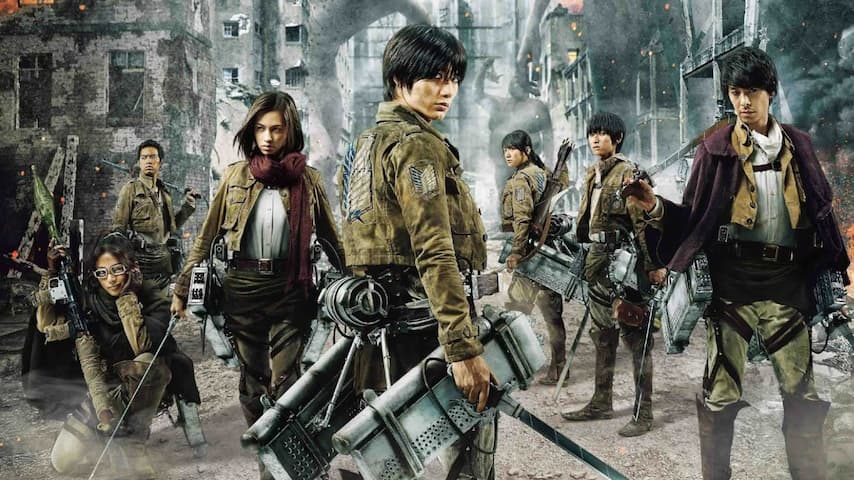
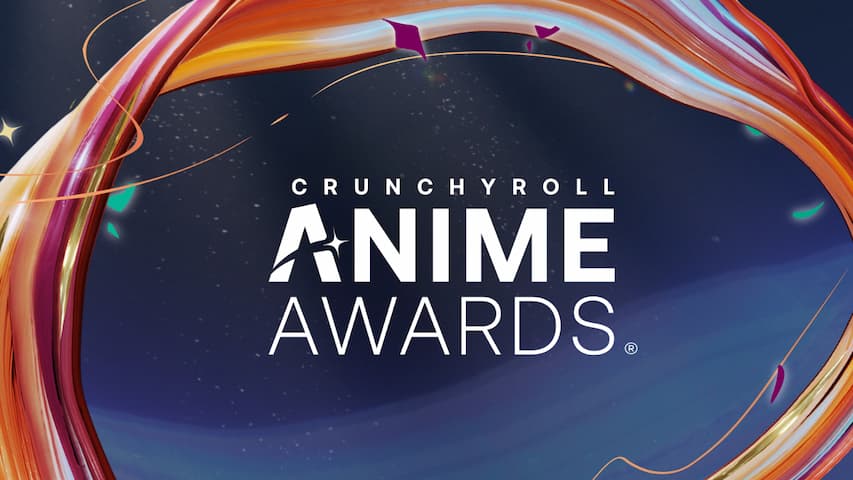

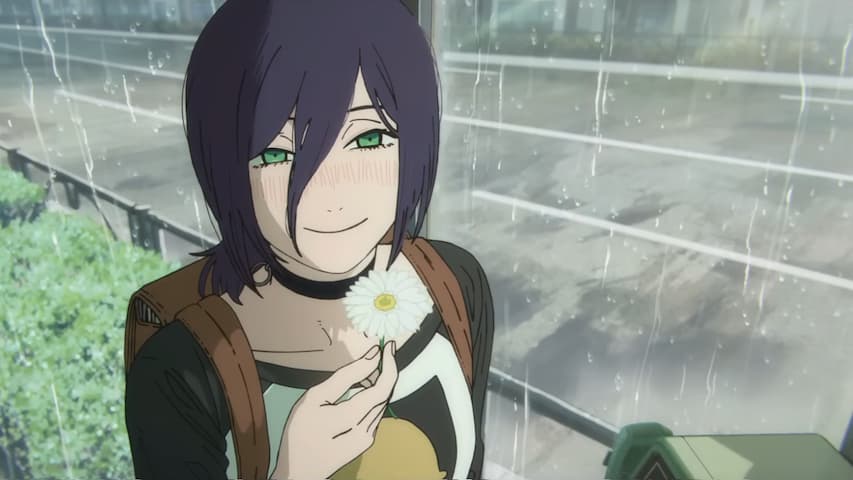
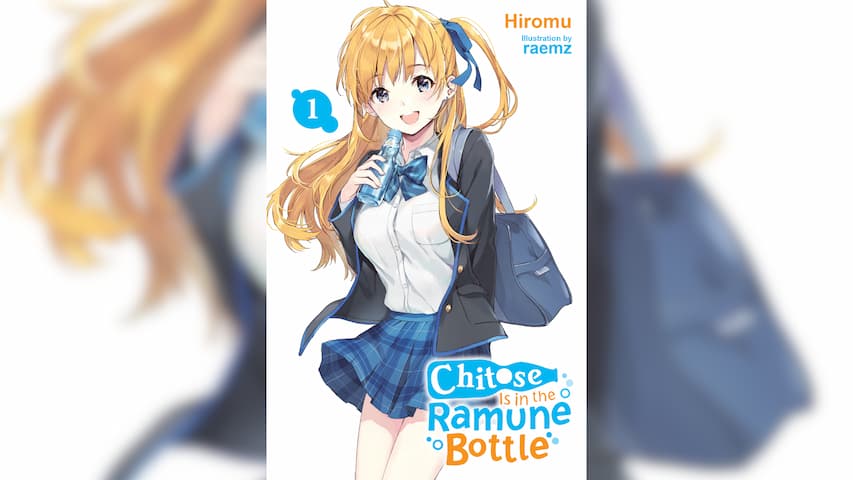
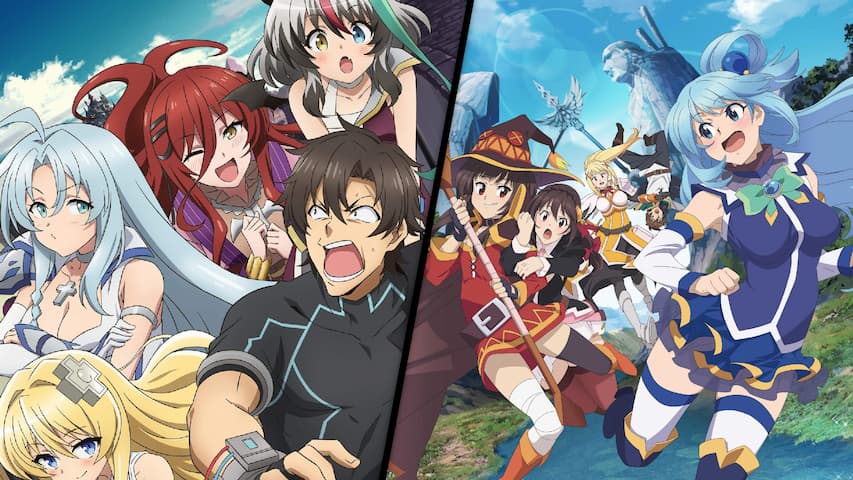
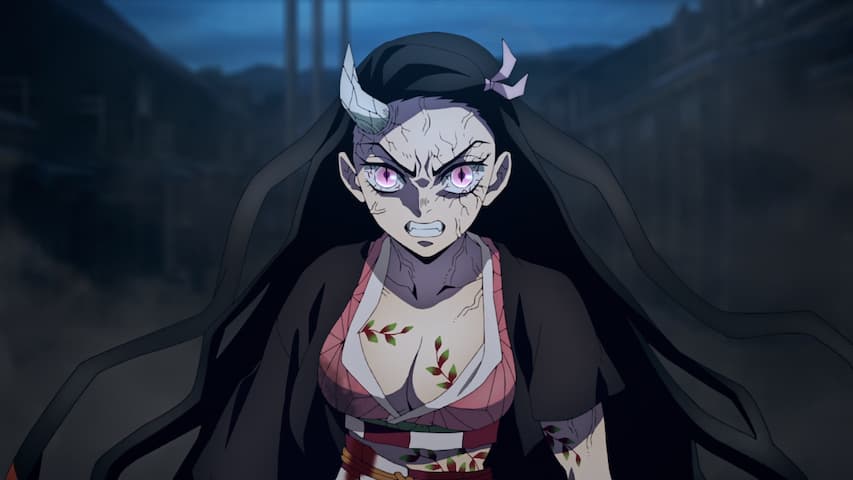

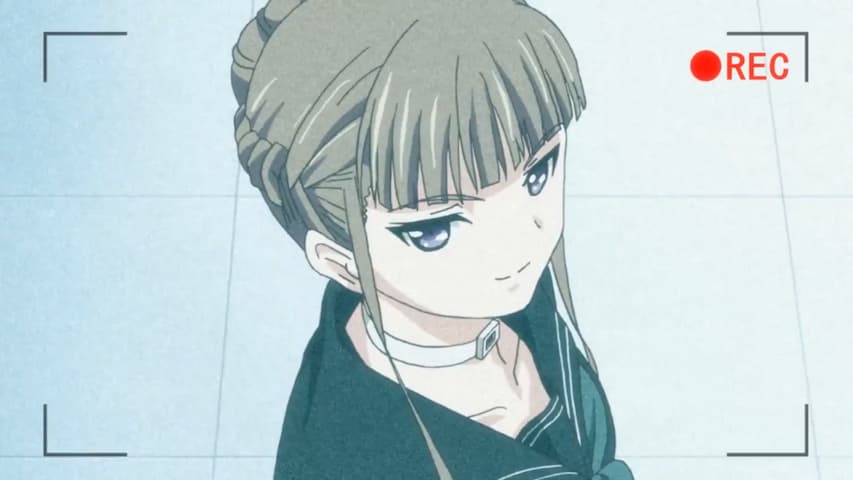
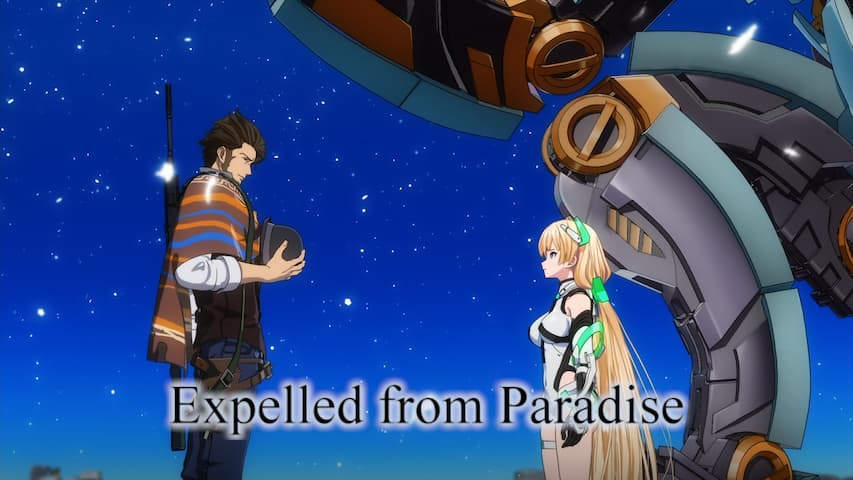
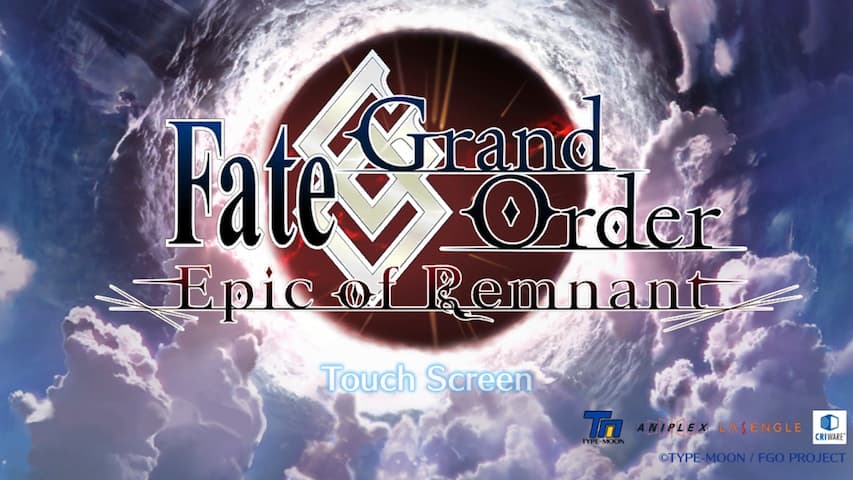

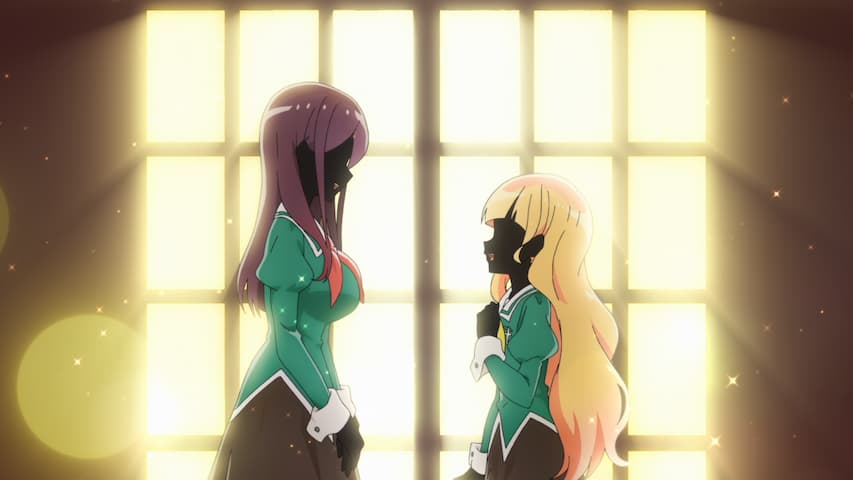
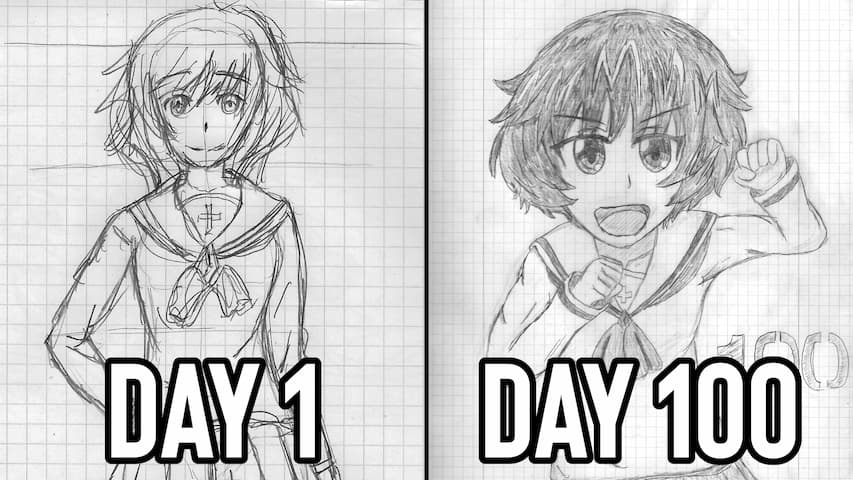
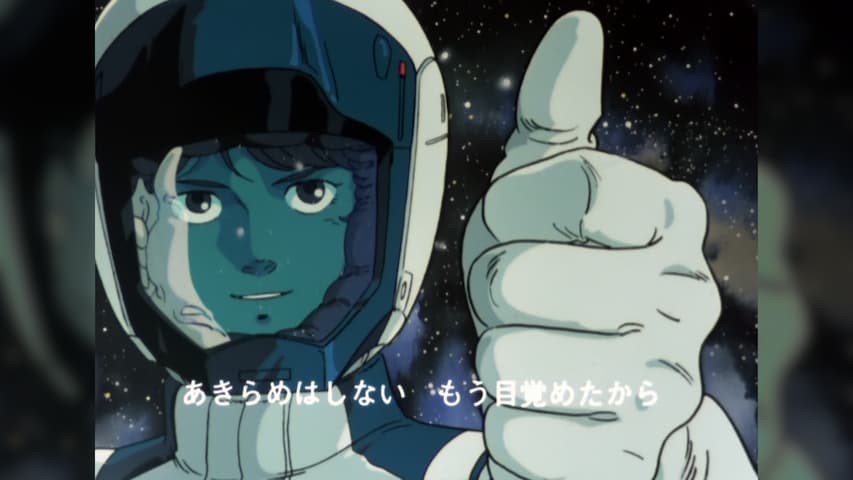


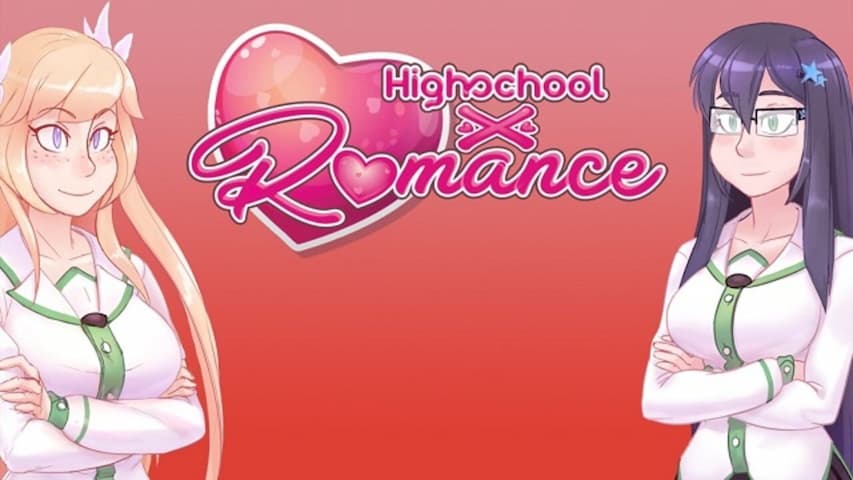
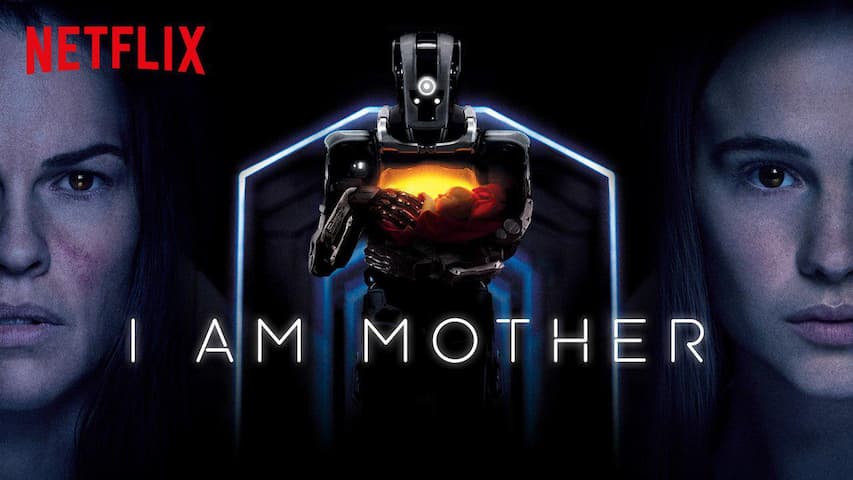
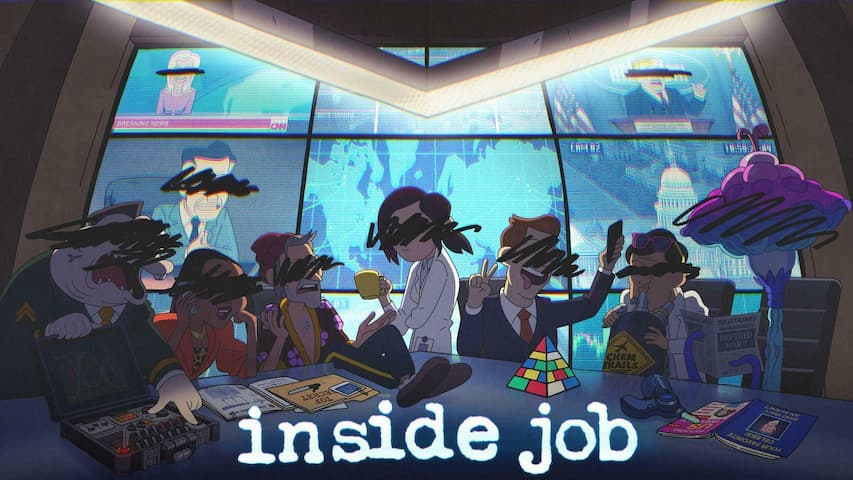
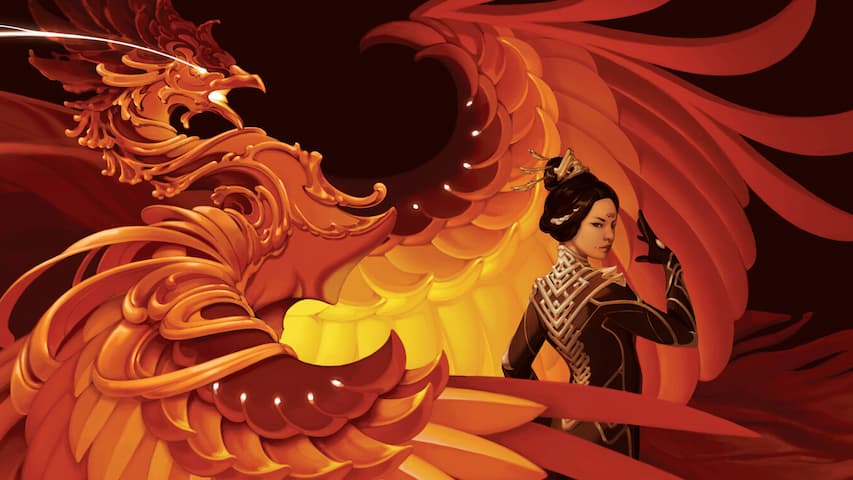

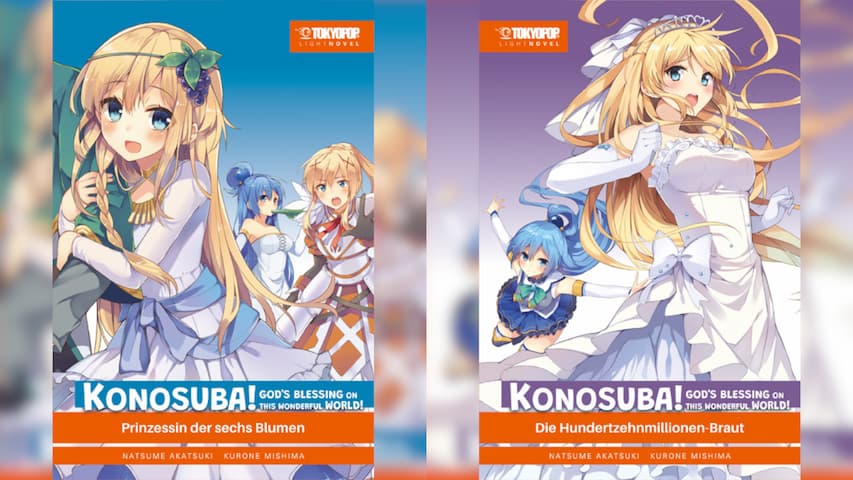

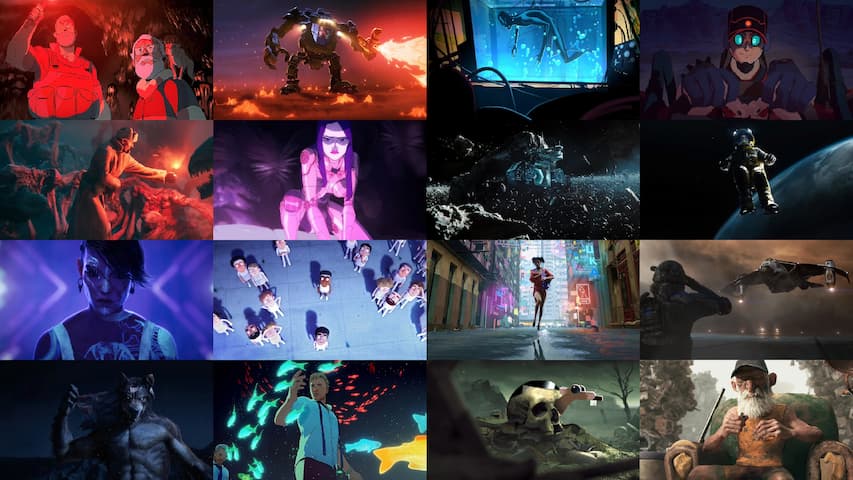
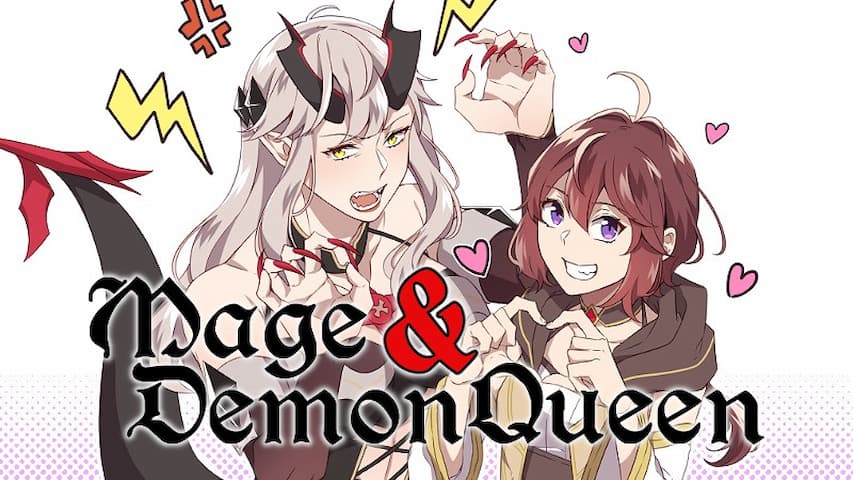
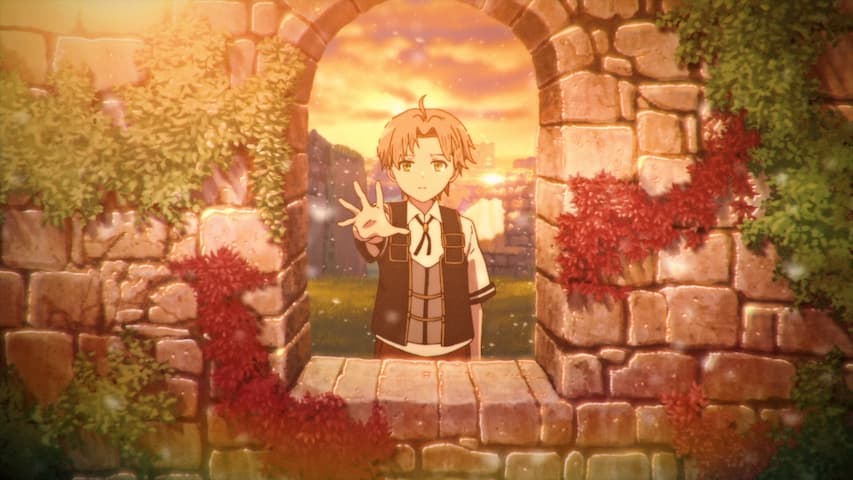
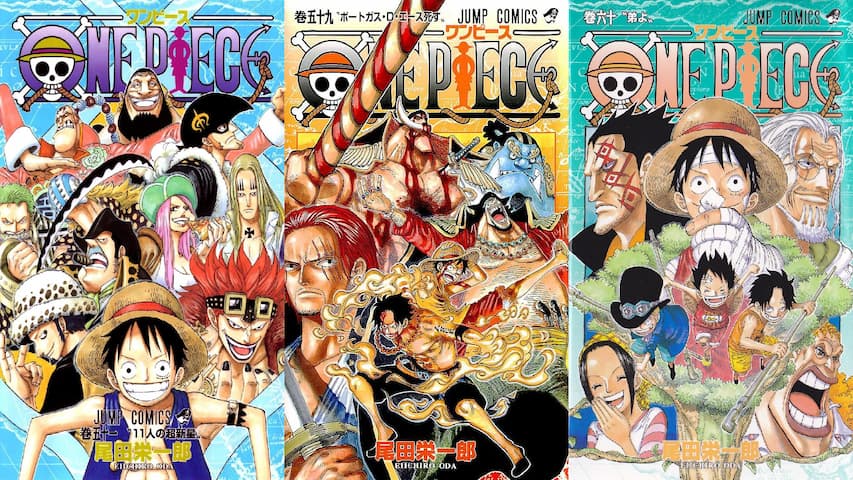
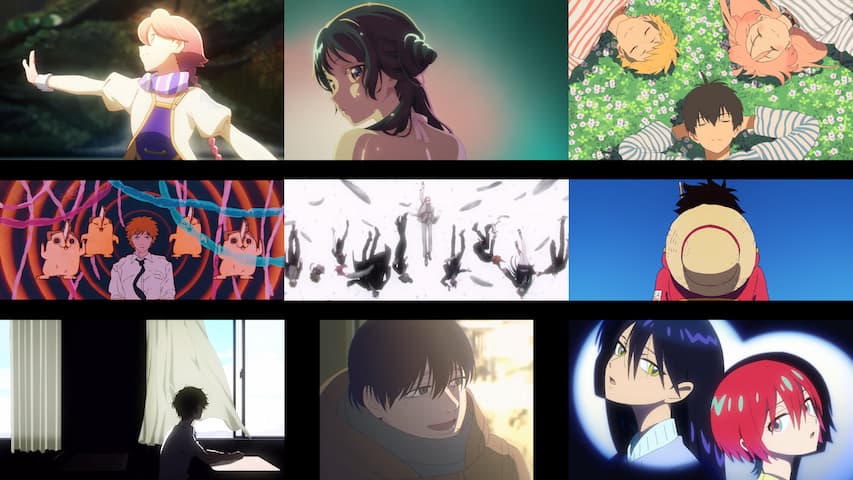
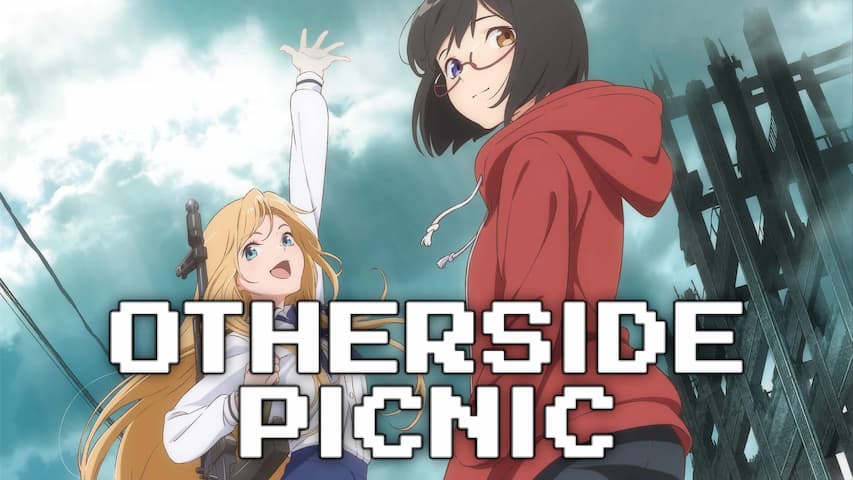
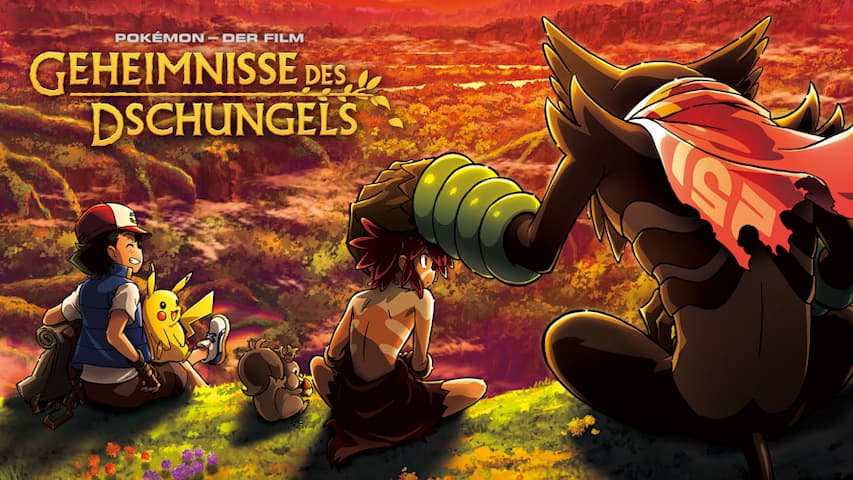
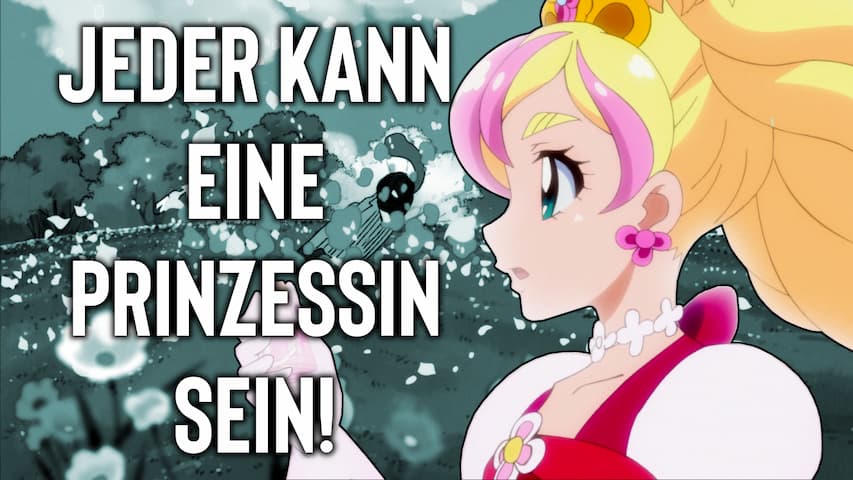

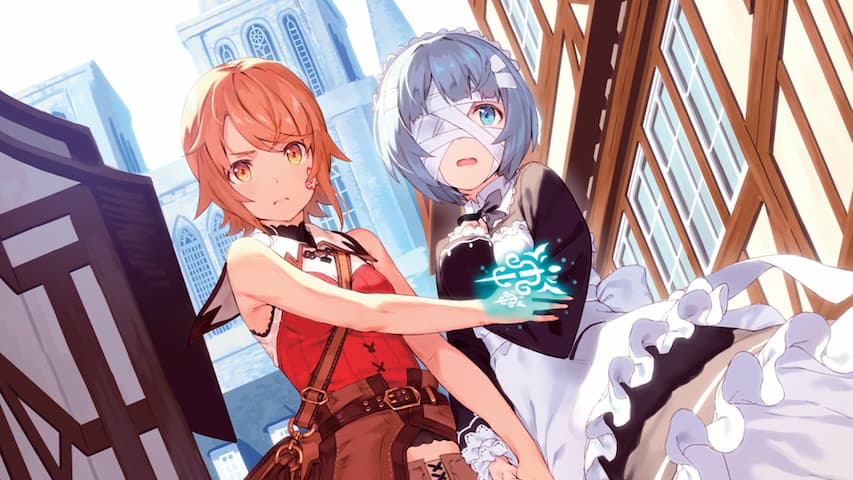
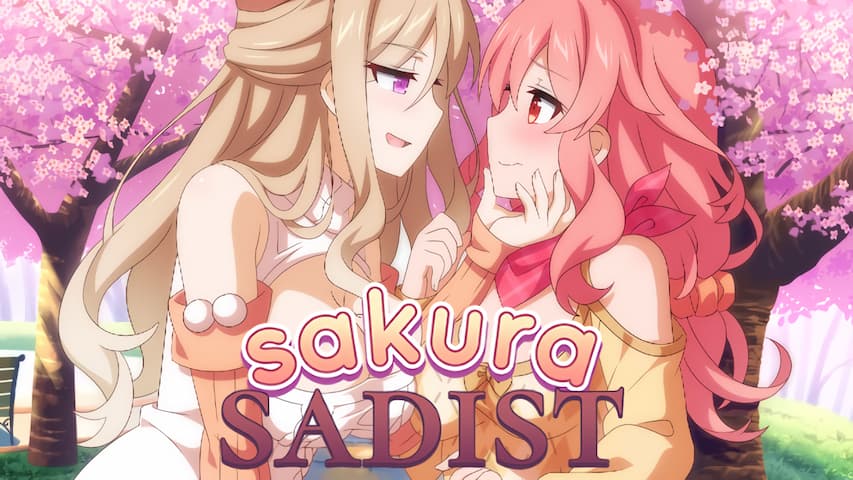
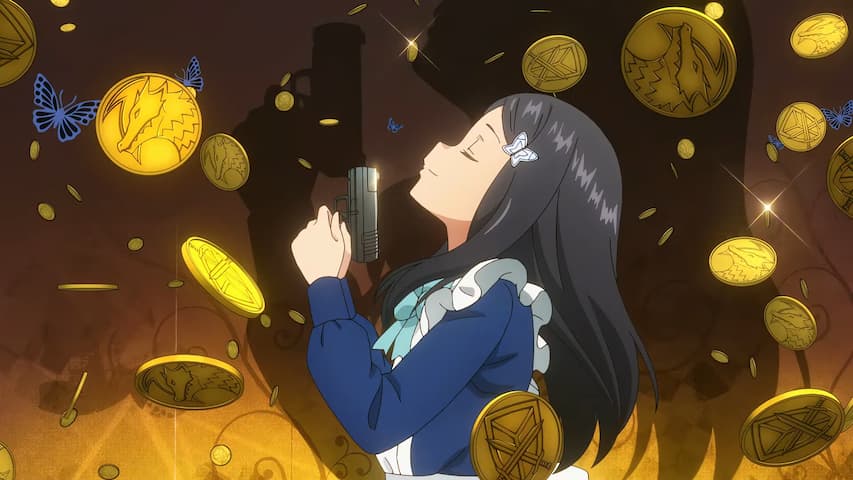
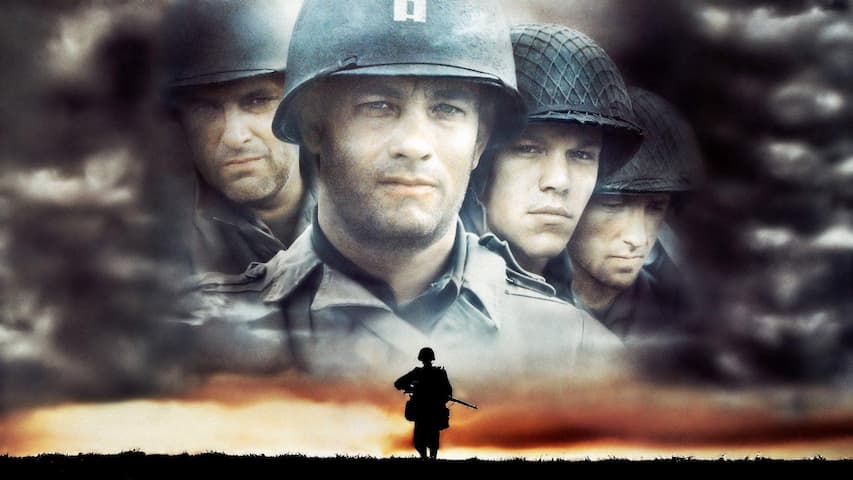
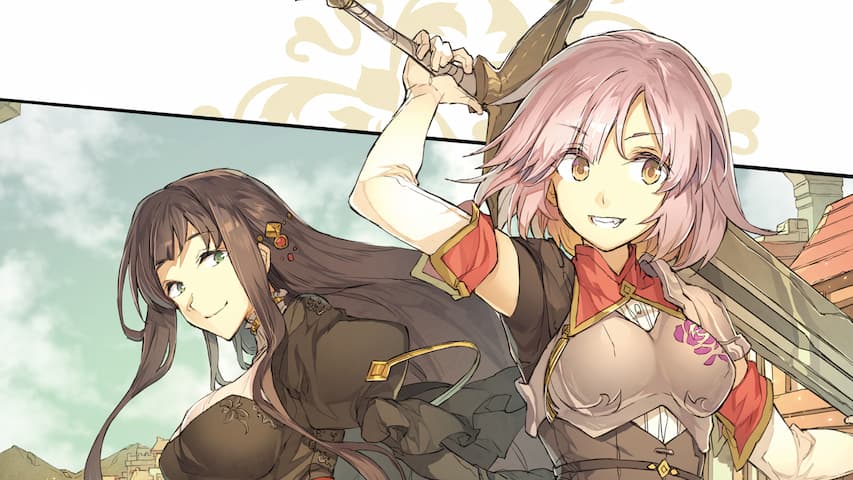

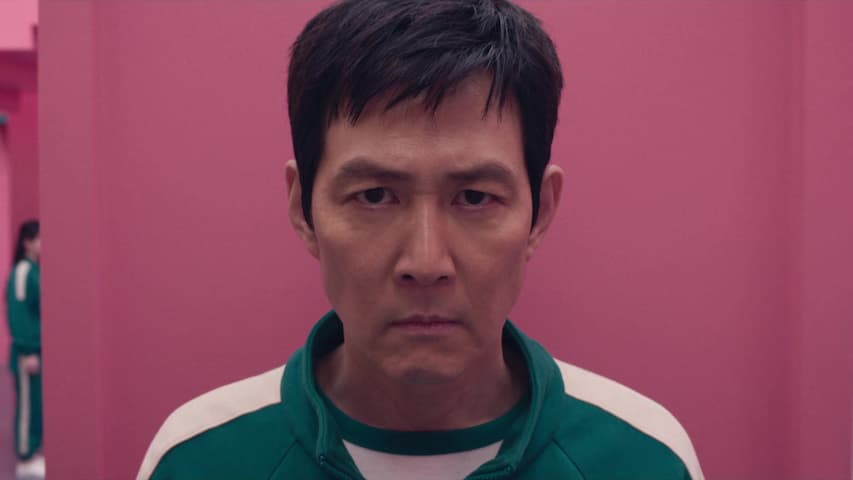
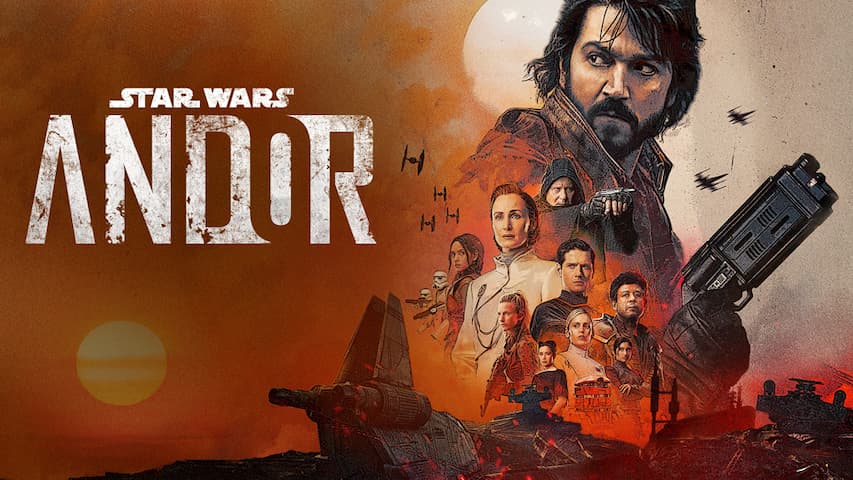
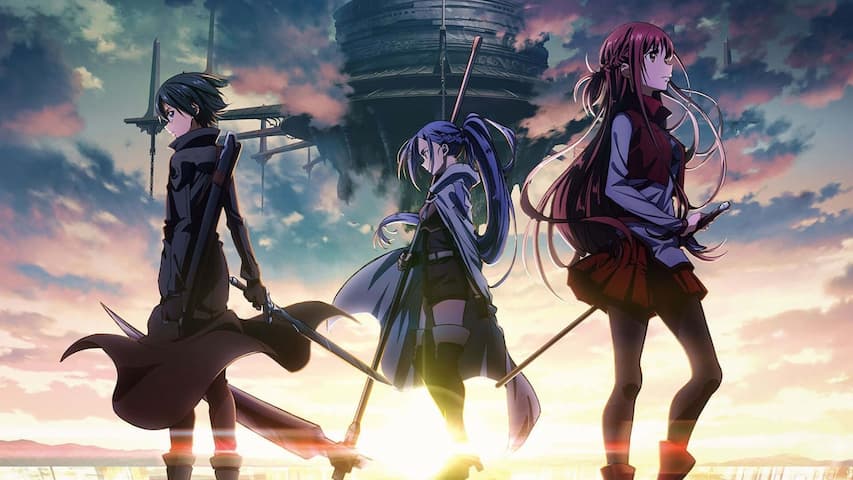
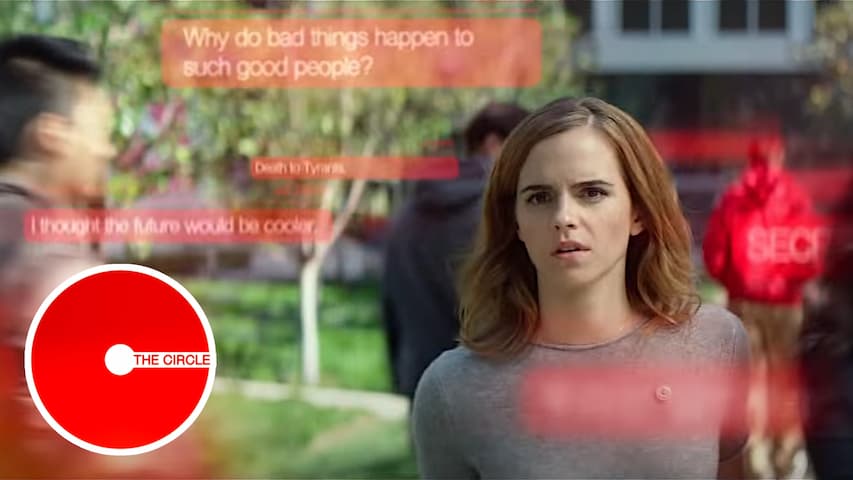
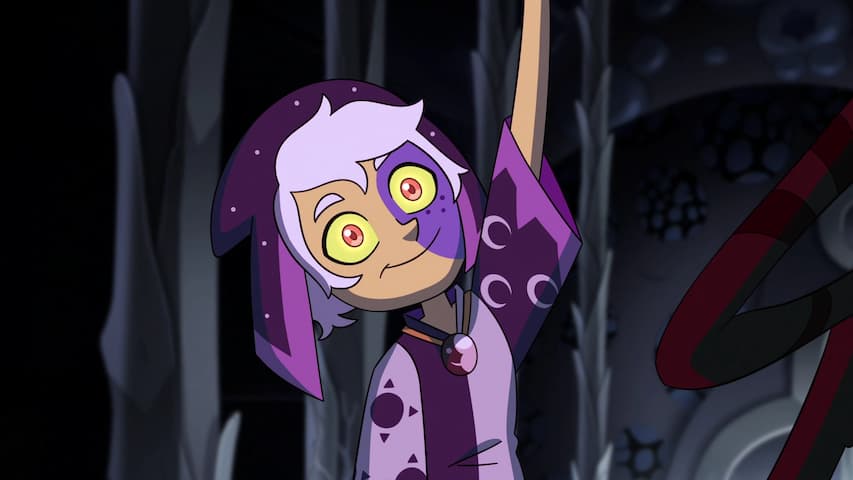
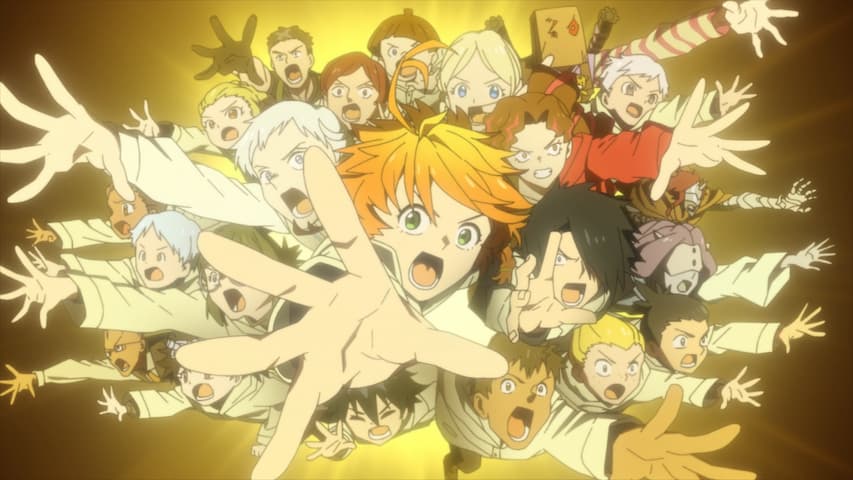
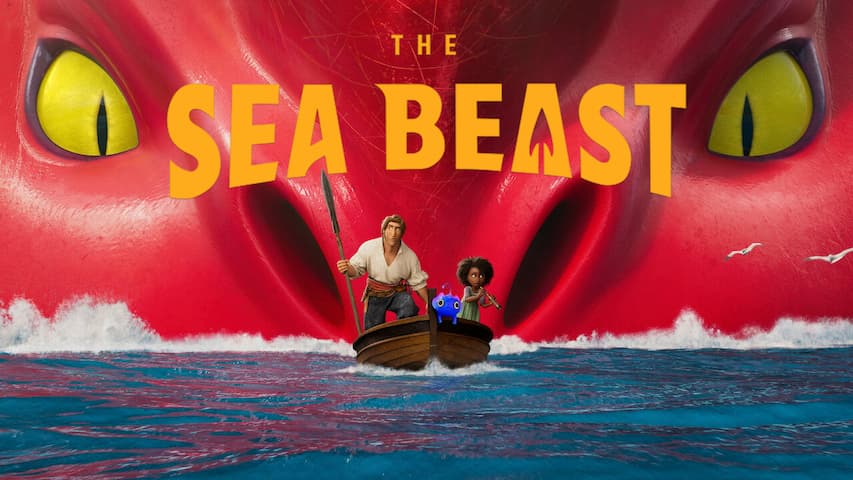
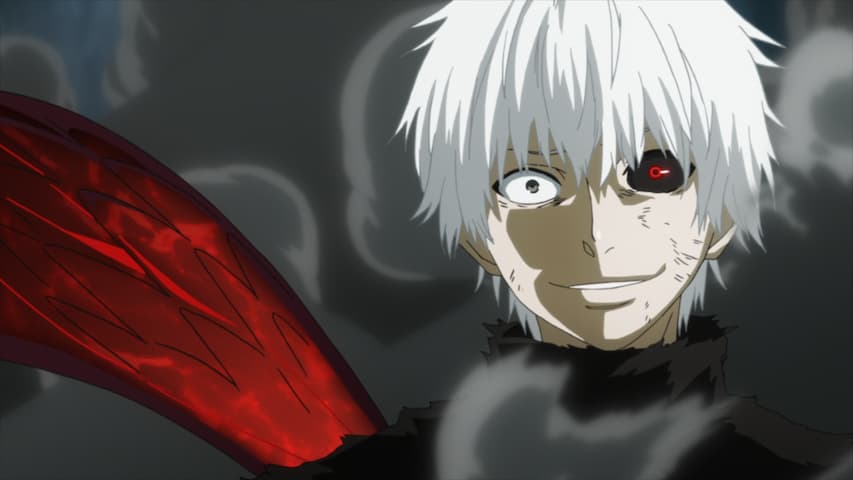

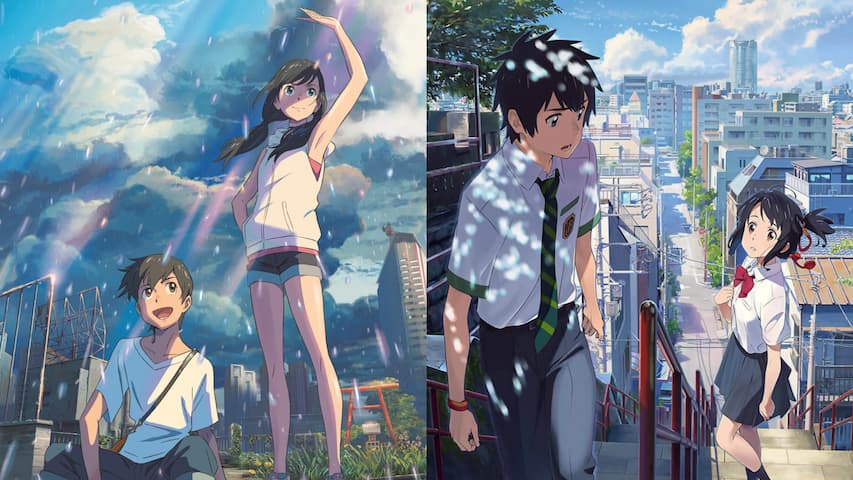
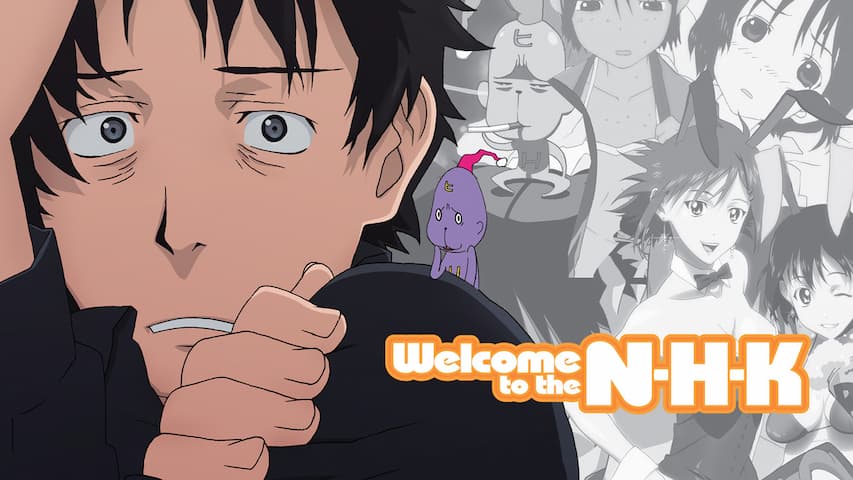

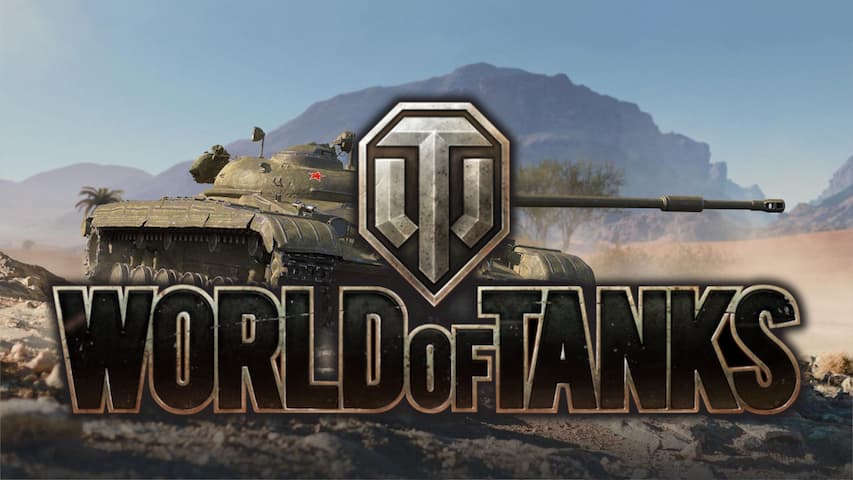

Recent Posts
2583 Words | February 8, 2026
2716 Words | December 28, 2025
3211 Words | December 12, 2025
1515 Words | October 30, 2025
7804 Words | October 3, 2025
